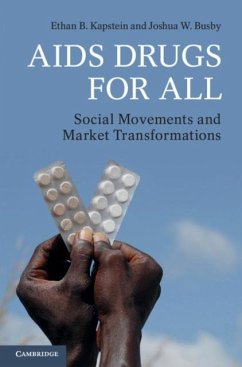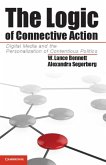Drawing on a rich set of interviews and surveys, this book shows how the global AIDS treatment advocacy movement helped millions in the developing world gain access to life-saving medication. The movement achieved this by transforming the market for AIDS drugs from one which was 'low volume, high price' to one based on access for all. The authors suggest that a movement's ability to transform markets depends upon whether: (1) markets are contestable; (2) they have framed their arguments to resonate across their target audiences; (3) the movement itself has a coherent goal; (4) the costs are low, or the benefit-to-cost ratio is favourable; and, finally, (5) institutions are present to reward continued achievement of the new market principle. These insights are applied to a range of other cases including malaria, maternal mortality, water/diarrheal disease, non-communicable diseases, education, climate change, the ivory trade, sex trafficking and the Atlantic slave trade.
Dieser Download kann aus rechtlichen Gründen nur mit Rechnungsadresse in A, B, BG, CY, CZ, D, DK, EW, E, FIN, F, GR, HR, H, IRL, I, LT, L, LR, M, NL, PL, P, R, S, SLO, SK ausgeliefert werden.









